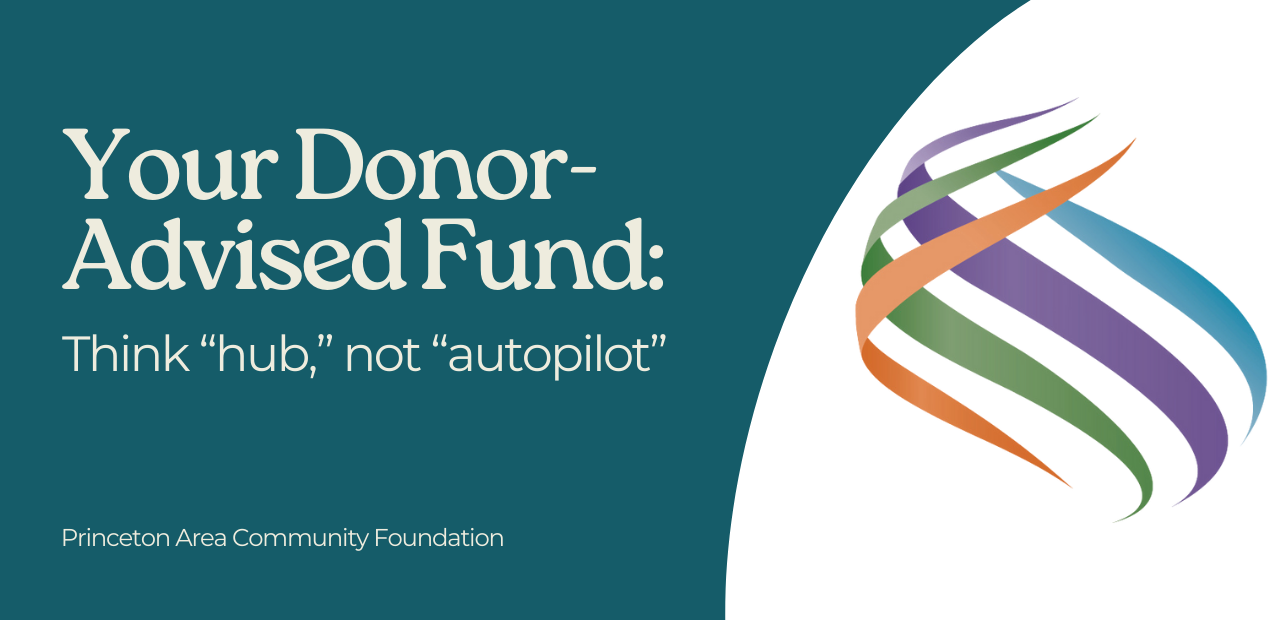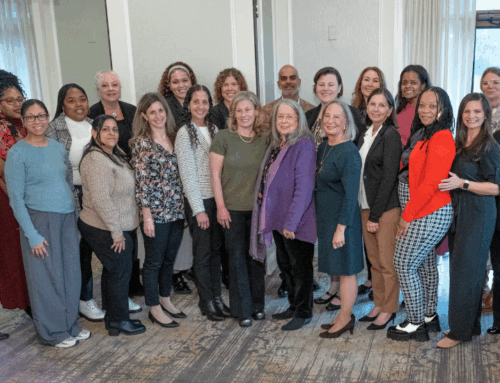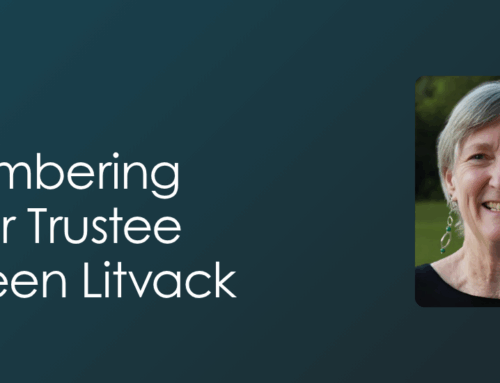Establishing and Managing Your Donor-Advised Fund
Perhaps you established a donor-advised fund at the Community Foundation years ago, or you set up a donor-advised fund more recently. Or maybe you are considering establishing a donor-advised fund at the Community Foundation this year to help you keep your giving more organized and involve your children and grandchildren in your philanthropic priorities.
Best Practices for Maximizing Your Fund
Whatever the case may be in your situation, it’s a great idea to consider a few best practices for ensuring that your donor-advised fund is making the biggest difference possible for the causes you care about. Life gets busy, the months fly by, and it’s tempting to put your fund on autopilot. But that would be a missed opportunity.
By now, you likely know that a donor-advised fund at the Community Foundation offers the convenience of a one-stop-shop: You make tax-deductible contributions of cash (or, ideally, appreciated stock) to the fund, and then recommend grants to your favorite charities. Make sure you’re leveraging your donor-advised fund to execute the full range of your charitable giving each year. You’ll find it so much easier to keep track over time of where you’re giving, and how much.
Leveraging the Community Foundation’s Expertise
As the hub of your charitable giving, the Community Foundation certainly makes it easy for you to use your donor-advised fund for your annual giving to charities. But that’s not all. As you work closely with the Community Foundation, you’re likely to discover even more ways our team can support your philanthropic activities:
Establishing Additional Funds
We can help you establish a designated or field-of-interest fund to complement your donor-advised fund. A designated fund allows you to support a specific charity over the long term, while a field-of-interest fund focuses your support on a particular area of community need by leveraging the Community Foundation’s expertise. If you are over the age of 70½ and you own one or more IRAs, your designated fund or field-of-interest fund can receive Qualified Charitable Distributions up to $100,000 per year per spouse, bypassing your taxable income.
Planning for Legacy Giving
We can work with you and your attorney to help you establish a bequest in your estate plan to support your favorite causes beyond your lifetime. Many fund holders at the Community Foundation name their donor-advised funds, field-of-interest funds, designated funds, or even the Community Foundation itself, as beneficiaries in their wills and trusts, and especially as beneficiaries of IRAs and other qualified plans because doing so delivers significant tax benefits. What’s more, the Community Foundation offers opportunities for our legacy donors to get together and learn from each other as a group. If you’re not involved as a legacy donor already, please reach out and we’ll fill you in!
Enhancing Your Philanthropy Knowledge
We can help you and your family learn more about your local nonprofit organizations and the issues they are addressing so that you can become more informed and effective philanthropists in our community. The Community Foundation team’s unparalleled, deep knowledge of local issues and organizations is a real advantage for you and your family. When you better understand the needs of the community and how local nonprofits are addressing those needs, you’ll be better equipped to structure your giving so that it makes a difference in measurable ways. You’ll enjoy your charitable giving a lot more, too.
Contact Us
We hope you’ll consider your donor-advised fund–and your connection with the Community Foundation–as the hub of your philanthropy. The team at the Community Foundation is here to help you make the most of your donor-advised fund and related strategies so that you’re not only putting your money to work to improve the quality of life in our community, but you’re also achieving financial and philanthropic goals for your overall charitable giving. If you have any questions about your donor-advised funds, please contact Patricia Matos, Director of Philanthropic Services.






